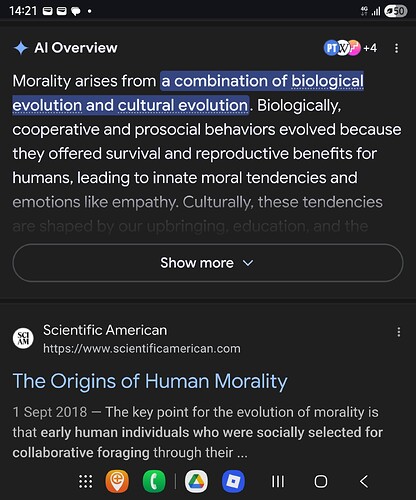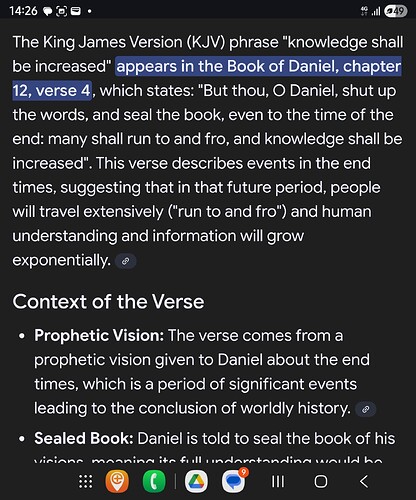- This chart shows how YECs treat science the way presuppositionalists treat truth:
YEC View of Science vs. Presuppositionalist View of Truth
| Category | YEC: Science | Presuppositionalist: Truth |
|---|---|---|
| Best | Science that confirms the Bible (e.g., Flood geology, design arguments). | Truth that is explicitly grounded in God’s Word (Scripture = ultimate authority). |
| Acceptable | Science that doesn’t conflict with the Bible (medicine, engineering, basic chemistry). | Truth claims that don’t contradict Scripture, even if not directly biblical (e.g., 2+2=4). |
| Invalid / Dangerous | Anything that conflicts with their reading of the Bible (evolution, deep time, Big Bang cosmology) = “false science,” often seen as deception. | Any claim made outside of God’s revelation is not just false but foolish/deceptive (atheist reasoning, secular philosophy). |
Key similarity:
- Both YECs and presuppositionalists redefine core terms (science, truth) so that their position is always safe from challenge. Opposing evidence isn’t engaged with on neutral terms; it’s dismissed as deception or foolishness.
Key difference:
-
YECs focus mainly on scientific data and its interpretation.
-
Presuppositionalists focus on epistemology (the rules of knowing itself).
But both operate in the same self-sealing framework. -
YECs and presuppositionalists share the illusion of debate. Both redefine the key terms so they can never lose: for YECs, “true science” is only what agrees with their reading of the Bible; for presuppositionalists, “true knowledge” is only what begins with God’s Word. To outsiders it looks like engagement, but the conclusion is predetermined and any counter-evidence is dismissed as deception or foolishness. That makes for strong in-group reinforcement, but not for real dialogue, because the discussion is structured to close itself off from correction.

